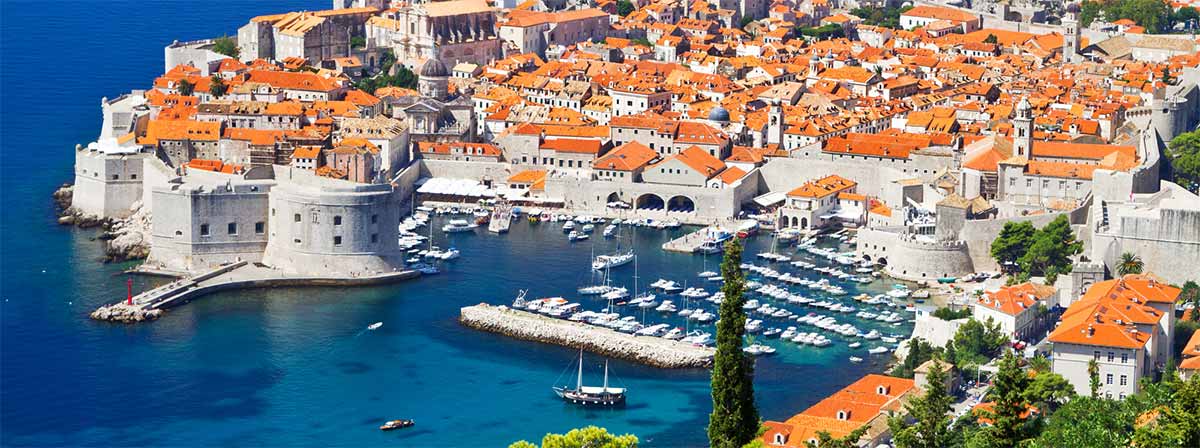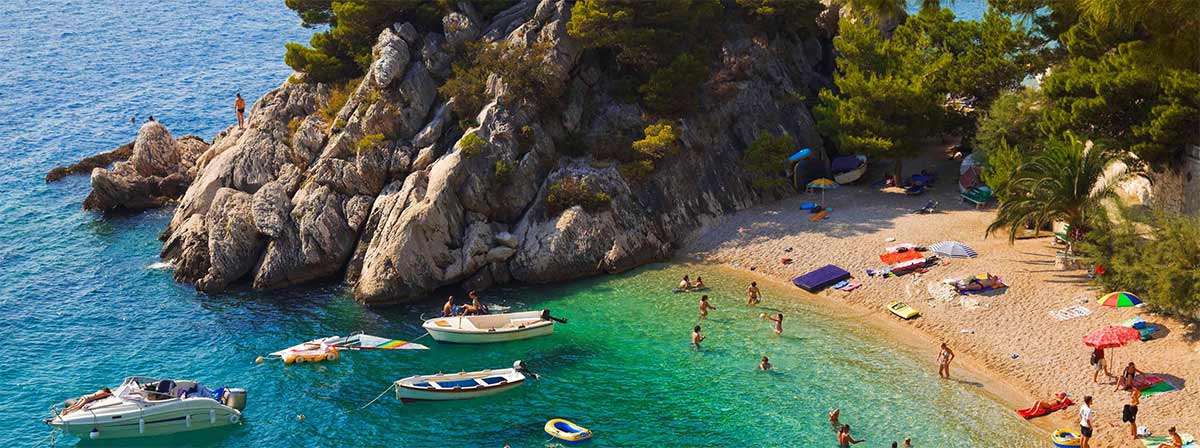
Settling in Dubrovnik, Zagreb or any other Croatian city is much less troublesome since the country’s admission to European Union. However, considering that – short of tourism trade – jobs are paying much less than in Britain, cost of living in Croatia in general and prices of properties in particular can be surprisingly high.
Buying a home in Croatia is difficult. There are many restrictions on foreign ownership. Note: during the recent war one third of the population fled – so there is a significant chance that the “owner” may not in fact, be the owner. Try to be sure who actually owns the property before signing the pre-agreement stage, or you could lose your deposit, and a lot of time. And it usually costs more than you expect, so check your finances carefully. Currency rates will affect you – the following web site may save you money: Smart Currency Exchange
One can only buy a home if there is a reciprocal agreement with your country – and the UK being a member of the EU is covered – but you have to get consent from the Ministry of Foreign Affairs, and this may take two to six months for the Ministry to ascertain if a reciprocity agreement is in place. The Ministry of Foreign Affairs may seek the opinion of the Ministry of Justice, Administration, and Local Self-Government before granting the consent.
Foreigners cannot acquire agricultural and forest land, or properties considered protected cultural monuments, unless the local authorities waive their pre-emptive right to acquire the property. These restrictions are expected to diminish now that Croatia is a member of the EU but certain transitional arrangements remain in force.
The costs come to around 10-15% of the purchase price, and usually a lawyer is involved.
You can see that title registration is a slow business in Croatia. It takes an average of 956 days to complete the procedures necessary for property registration. You may find the Global Property Guide web site useful.
Croatia is a very new member of the EU (2013) and certain transitional arrangements are in force. This applies to UK nationals who want to work in Croatia who still need a work permit before starting work, unless you have academic qualifications. The current situation on the local labour market is not favourable for expats searching for a new job on their own, so it may be hard to make living in Croatia. The national unemployment rate is nearly 20%, although Zagreb, Split and Rijeka were lower, and these cities are important business centres. You will need to speak Croatian for a chance for a job, unless you are sheltered by working for a British company. Croatians tend to be multilingual, and present stiff competition. You CV should be written in fluent Croatian, and can often be sent in on-line. Multinational or international businesses are among the few exceptions to this rule.
 Social Life in Croatia
Social Life in CroatiaLanguage In Croatia they speak Croatian (Hrvatski). Although learning this language can be…